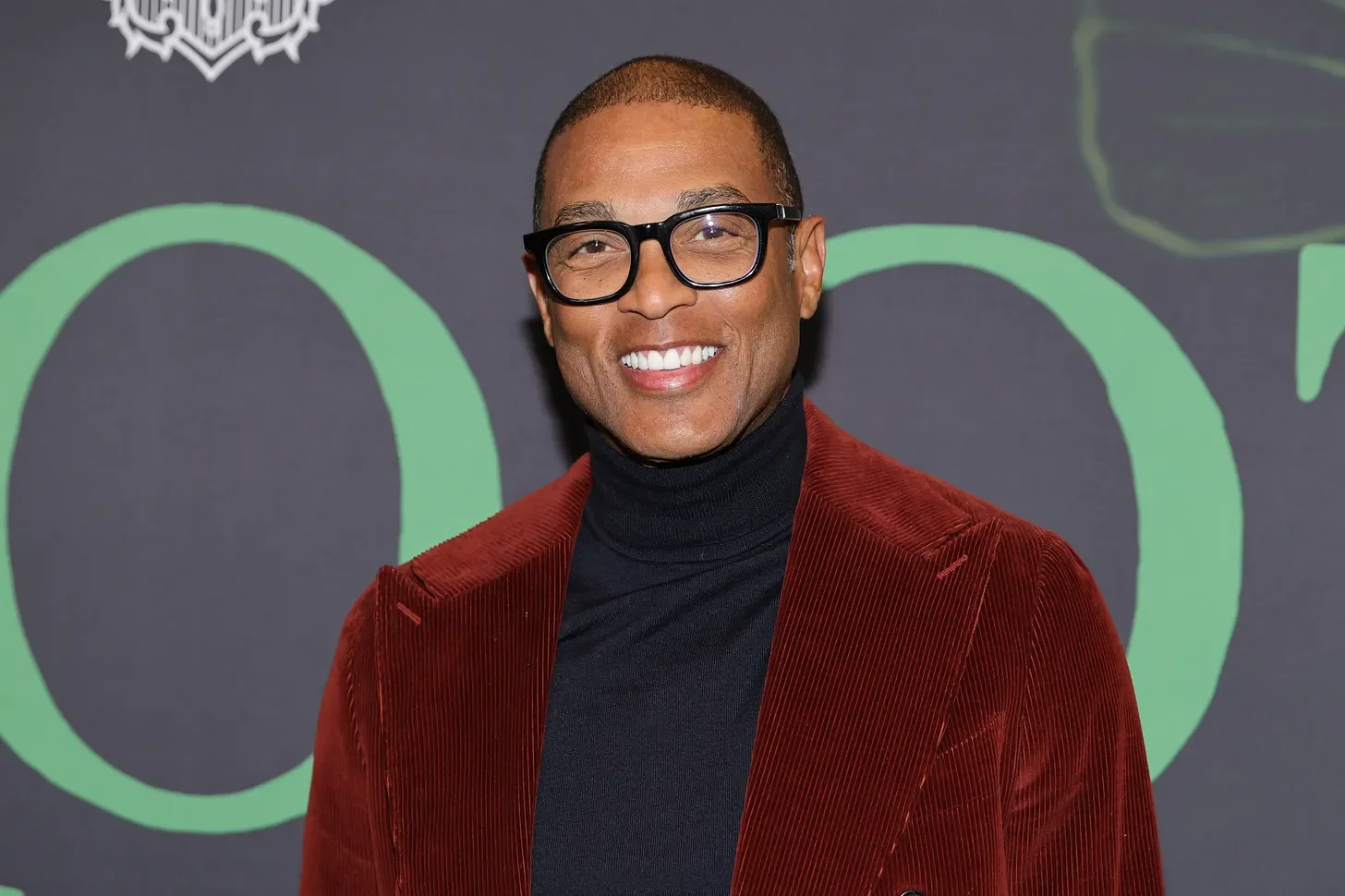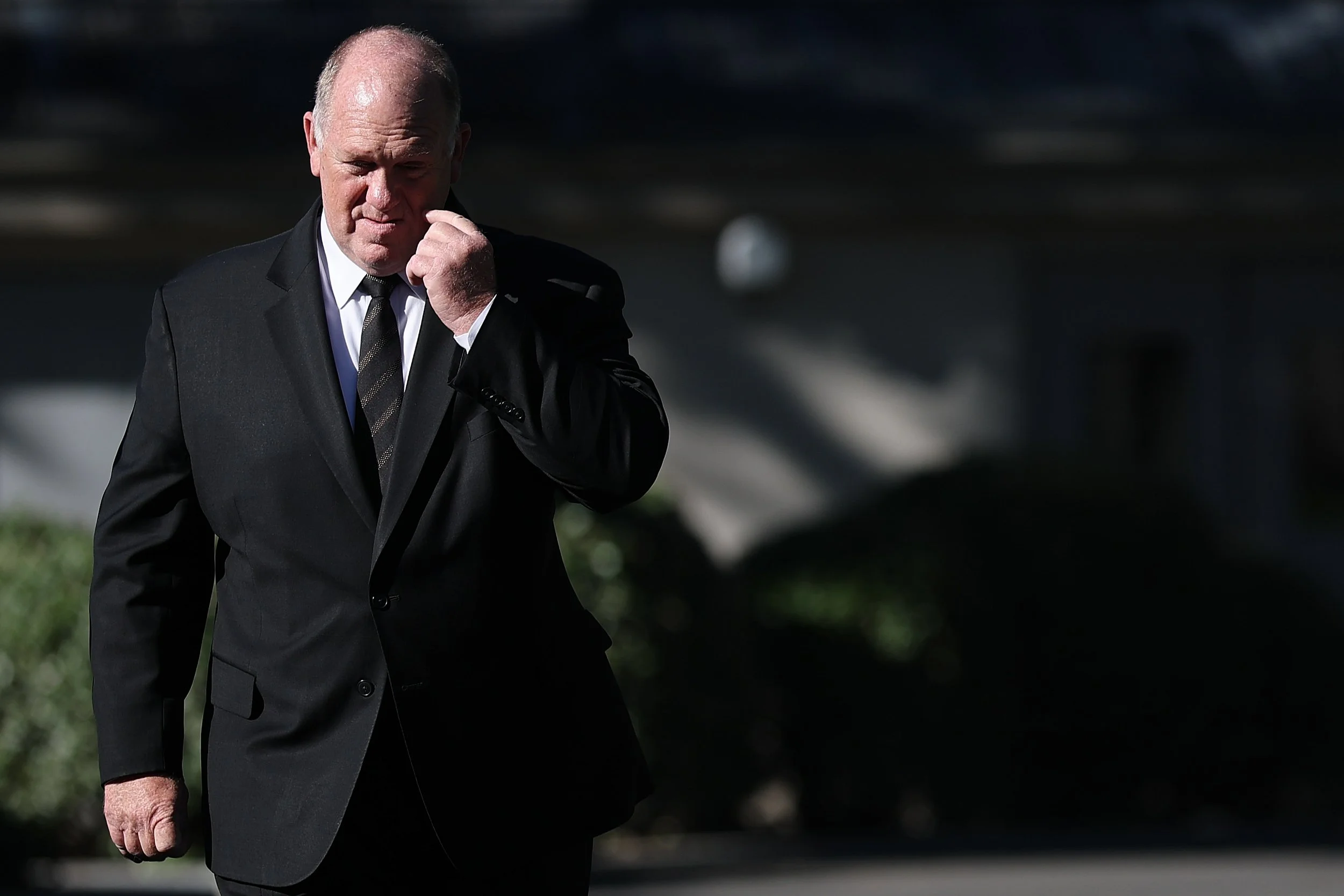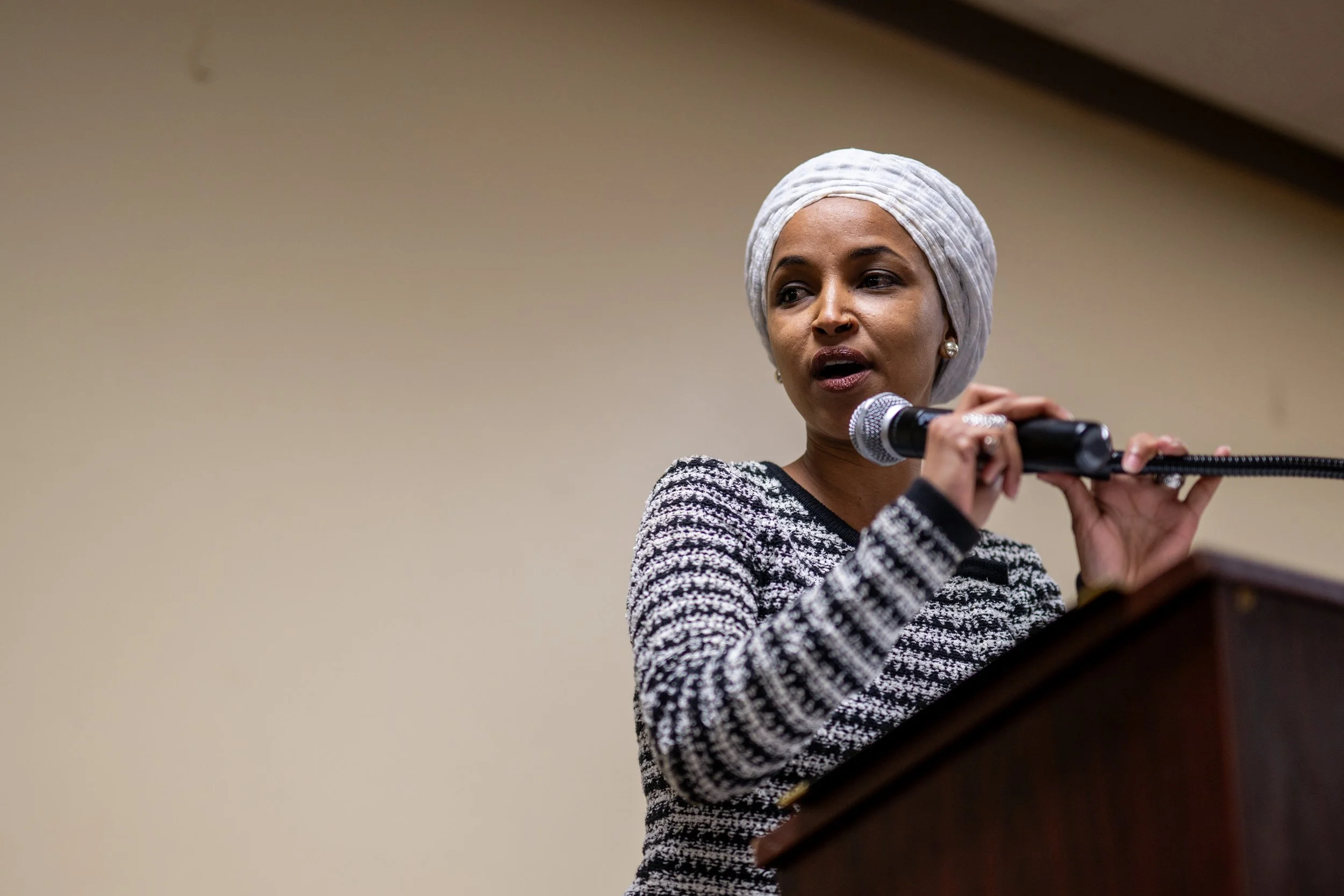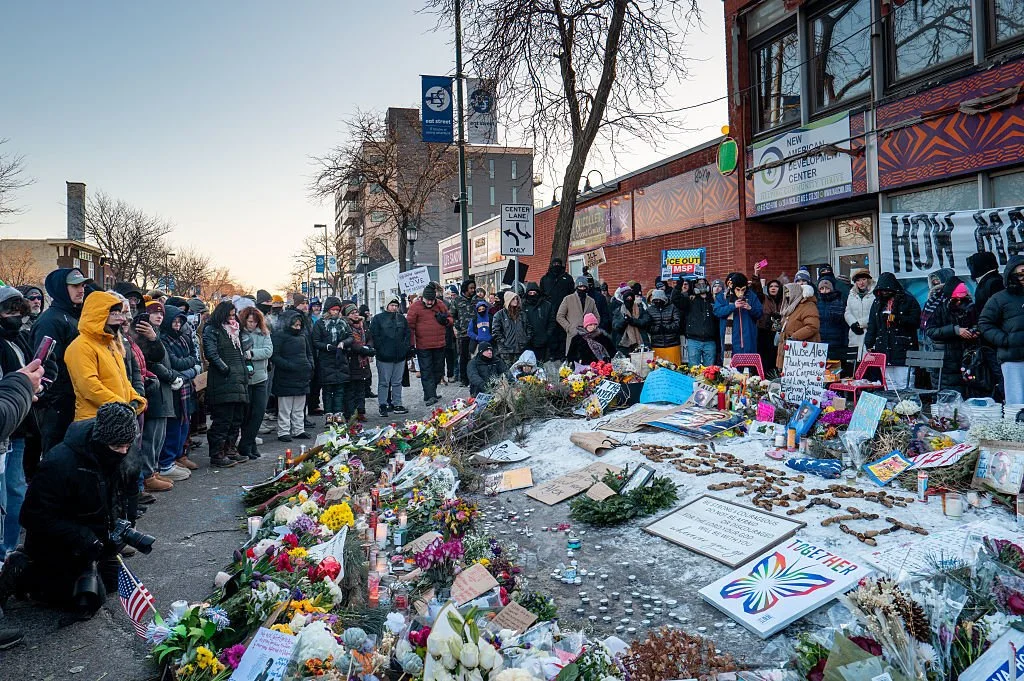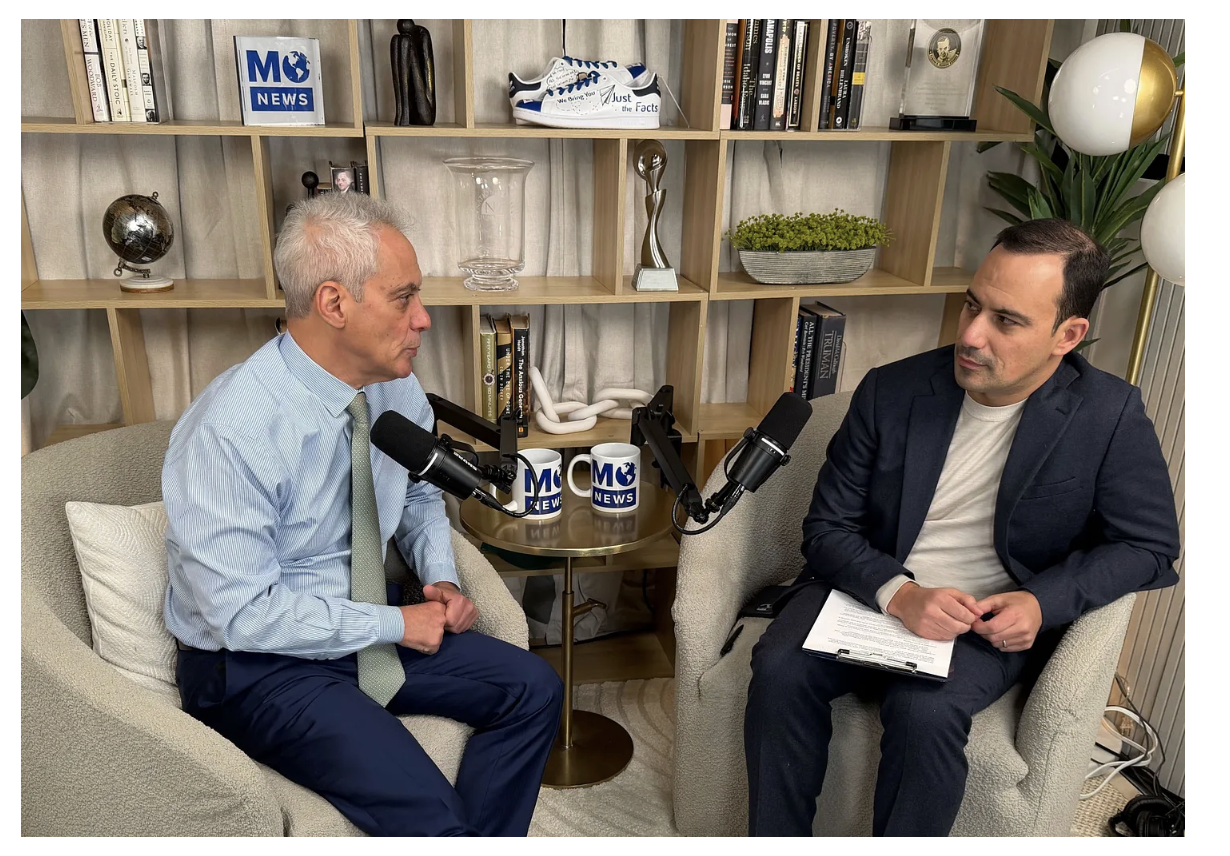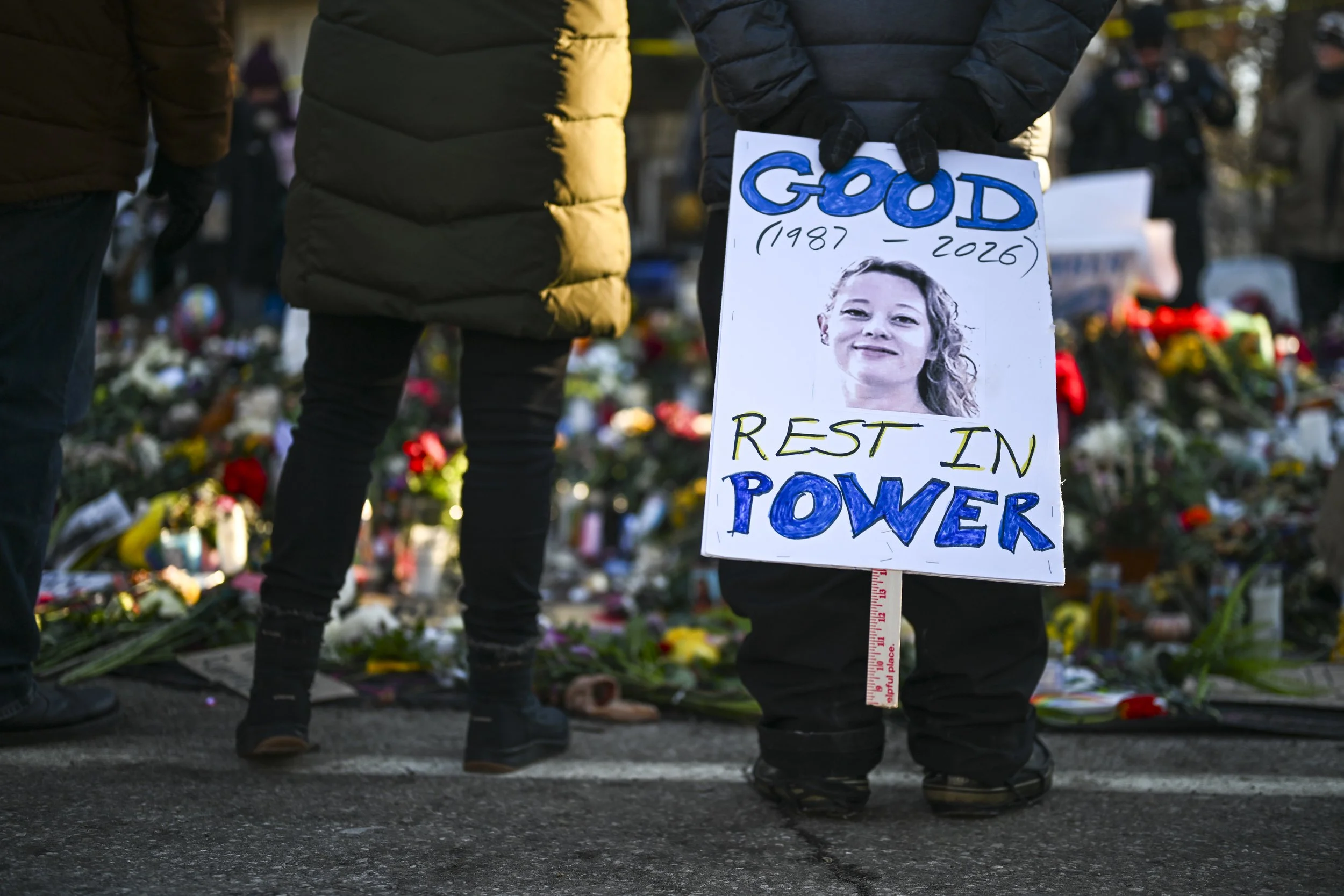Supreme Court Upholds Tennessee Ban On Gender-Affirming Care For Minors
The Supreme Court on Wednesday upheld Tennessee’s ban on gender-affirming care for transgender youth in a 6–3 decision split along ideological lines.
The ruling means kids under 18 who have been diagnosed with gender dysphoria cannot access hormone treatments or puberty blockers — even if they have their parents’ consent. Medical providers are prohibited from prescribing puberty-delaying medication, offering hormone therapy, and performing gender-transition surgeries.
WHAT THE JUSTICES SAID
The key question in the case was whether Tennessee’s law regulates medical treatment or discriminates based on sex. If it were considered sex discrimination, the state would have to meet a much tougher legal standard to justify the law. The Supreme Court ruled it doesn’t.
Chief Justice John Roberts, for the majority, which included the five other conservatives on the court, wrote, “This case carries with it the weight of fierce scientific and policy debates about the safety, efficacy, and propriety of medical treatments in an evolving field... Questions regarding the law’s policy are … appropriately left to the people, their elected representatives, and the democratic process.”
Writing for the three liberal justices, Justice Sonia Sotomayor said the Court ” the Court abandons transgender children and their families to political whims. In sadness, I dissent.”
BY THE NUMBERS
Roughly half the states in the U.S. have similar laws, which means these states are now free to follow Tennessee in blocking transgender kids from receiving gender-affirming care. About 300,000 minors and 1.3 million adults identify as transgender as of 2022, according to UCLA’s Williams Institute.
The Trump administration has zeroed in on transgender issues this term, including attempting to ban transgender people from military service and participation in women’s sports.
In its latest move, the Trump administration on Wednesday told The Trevor Project, a nonprofit, it would end its specialized support to LGBTQ people who call the national suicide prevention hotline (988) starting next month. Instead, those callers will be directed to the general service. The service was started in 2022 as LGBTQ people are four times more likely than their peers to attempt or contemplate suicide.


